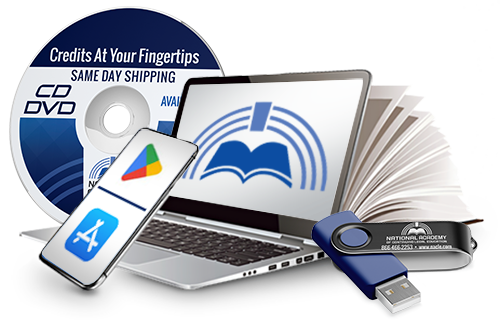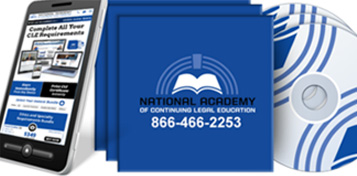About This Course
As most of you know, the “First Sale Doctrine” is a provision in copyright law that permits the owner of a copy of a copyrighted item to sell or transfer that item to another person. In other words if you buy a book or movie CD, you can sell or give away that copy without running afoul of copyright law
But there are, of course, lots of nuances and exceptions to this rule. For example, the protection only covers works that were “lawfully made” under the copyright act, and it only protects the owner of a particular work. These exceptions lead to a number of issues that will be covered in this CLE program, including:
Is a work manufactured in a foreign country “lawfully made under this title” for purposes of the first sale doctrine? There have been two cases that have gone all the way to the Supreme Court of the United States on this issue, which has practical considerations for book publishers and others who may seek to gain an advantage by having goods made abroad (so that US re-sales are not protected by the first sale doctrine)
What does it mean to “own” an item, and what is the situation where a product is purportedly licensed to the end user (such as software products).” Courts in the Second and Ninth Circuits, among others, have been wrestling with this issue in recent cases.
How does the first sale doctrine fit in with the related concept of preventing grey market imports under trademark law?
Are more and more businesses going to try to use a license rather than sale model in order to take advantage of the limits to the first sale doctrine?
What are the competing policy issues and how might resolution of the open legal issues affect international commerce?
How are similar issues being treated in Europe and elsewhere internationally?





